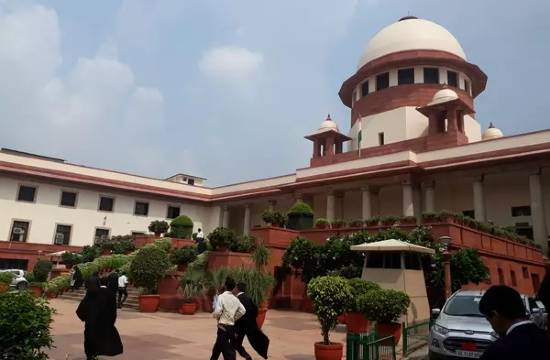Aryan Grover
In a public interest litigation filed before the Supreme Court by BJP leader and Advocate Ashwini Kumar Upadhyay, directions have been sought to the Government of both the State and Centre to lay down appropriate laws to check practices such as black magic, superstition and forceful religious conversions.
Various averments have been made in the petition, concerning how persons of the socially and economically under privileged people, particularly those who belong to the SC and ST community become victims of forceful conversions that are reported every week. These acts are in violation of Article 14, 21, and 25 of the Constitution, and violates the fundamental concept of Secularism laid out in the constitution. The petitioner has also referred to the Sarla Magdul Case (1995) 3 SCC6 635, wherein directions had previously been issued to the centre to consider the enactment of an Anti-Conversion Law.
The plea filed by Ashwani Dubey also states, “It is necessary to state that Centre is empowered to make special provisions for the benefit of women and children under Article 15(3) and freedom of conscience, free profession, practice & propagation of religion under Article 25 is subject to public order, morality, health and other provisions of Part-III. Moreover, directive principles are affirmative instructions to the Centre to secure social, economic and political Justice; Liberty of thought, expression, belief, faith and worship; Equality of status and opportunity and to promote among them fraternity, assuring the dignity of individual , unity, and integrity. But, Centre has not taken steps to secure high ideals outlined in Preamble and Part-III.”
In this regard, the petitioner has made the submission that the Supreme Court should evolve a new principle of liability to ensure and enforce the remedy to enforce fundamental rights so justice is served to any aggrieved person.

